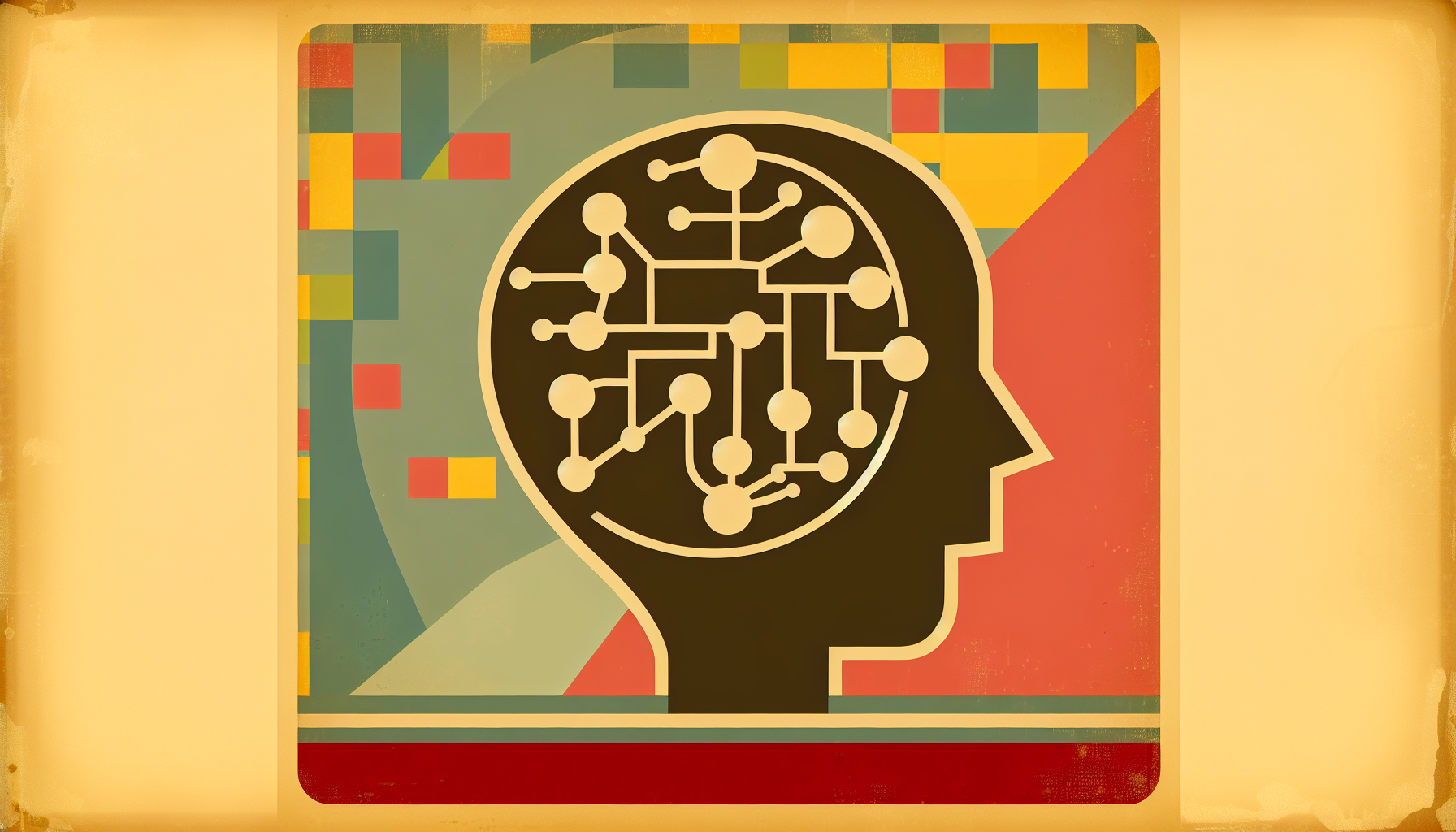In recent years, artificial intelligence (AI) has transitioned from a futuristic concept to a real part of our everyday lives. From self-driving cars to recommendation systems on our favorite streaming platforms, AI is increasingly making decisions that affect us. This rapid expansion brings forth many philosophical questions, particularly concerning the autonomy of AI in decision-making. We must explore what this autonomy means for morality, accountability, and the broader human condition.
The Nature of Decision-Making Autonomy
Decision-making autonomy refers to the ability of an agent to make choices independently, based on its understanding of a situation. In the context of AI, it raises questions about whether these systems can or should be allowed to act independently of human intervention. Unlike traditional tools that require human input, autonomous systems can analyze data and make choices on their own. This capability challenges our understanding of agency and responsibility.
Moral Responsibility and Accountability
One of the most pressing questions is: who is responsible for the decisions made by AI? If an autonomous vehicle causes an accident, who is at fault—the manufacturer, the programmer, or the AI itself? Traditional moral philosophy tells us that responsibility is based on intent and understanding. However, AI lacks consciousness and intention; it merely follows algorithms. This raises significant concerns about how we attribute moral responsibility. Should we create new frameworks for accountability, or should we always look to human creators and operators for answers?
The Human Element in Decision-Making
When we consider the human condition, much of what defines us includes our ability to make choices based on emotions, values, and social contexts. AI lacks these human traits. While AI can analyze vast amounts of data to make efficient decisions, it does not possess empathy, compassion, or ethical reasoning in the way humans do. This limitation is critical, especially in situations involving sensitive human interactions, like healthcare or criminal justice. As we empower AI to make more decisions, we risk losing the essential human oversight needed to ensure the moral weight of those choices.
The Implications for Society
The increasing autonomy of AI can lead to broader societal changes. The way we interact with each other and our world could begin to shift dramatically as machines take on decision-making roles. Consider the ramifications of AI systems making decisions about resource allocation, surveillance, or even warfare. These are not merely technical problems; they are fundamentally ethical questions about what kind of society we want to build. Are we ready to place trust in algorithms to manage crucial aspects of human life, or will that erode our human values?
The Risk of Bias and Inequality
A significant concern surrounding AI decision-making is the risk of bias. AI systems are trained on existing data, which can often reflect societal prejudices. If an AI system is autonomous, its biased decisions can perpetuate and amplify existing inequalities. For example, biased AI in hiring practices could further marginalize groups of people already at a disadvantage. As we grant AI more decision-making power, we must be vigilant in ensuring that these systems are trained on fair and representative data. Failing to do so could result in a future where AI exacerbates societal inequalities rather than alleviates them.
Redefining Human Agency
The rise of AI also challenges our understanding of human agency. If AI systems can make decisions that significantly impact our lives, what does this mean for our autonomy? Will we become passive observers in a system increasingly managed by machines? Alternatively, could we view AI as a tool to enhance human agency, allowing us to make better-informed decisions? The answer is likely somewhere in between, and it forces us to reconsider our relationship with technology. Rather than viewing AI simply as a threat to human autonomy, we can explore its potential as a partner in decision-making, enhancing our own capabilities while still keeping the reins firmly in human hands.
The Future of AI Decision-Making
As we look to the future, the questions surrounding AI decision-making autonomy will only grow more complex. The ethical frameworks we create today will shape the landscape of AI tomorrow. We need to foster ongoing dialogues among technologists, ethicists, policymakers, and the public to ensure that our approaches are inclusive and forward-thinking. As a society, we must determine the boundaries of AI autonomy and the level of human oversight necessary to safeguard our values and well-being.
In conclusion, the philosophical implications of AI decision-making autonomy invoke deep questions about morality, accountability, and the essence of what it means to be human. As AI continues to integrate into our lives, engaging thoughtfully with these issues will be vital. It is critical that we establish ethical standards governing AI systems that reflect our values and help create a future where technology enhances, rather than diminishes, the human experience. In navigating this new frontier, we must remain committed to the values that define our common humanity, ensuring that while AI may assist us in decision-making, it never supersedes our moral agency.

Leave a Reply